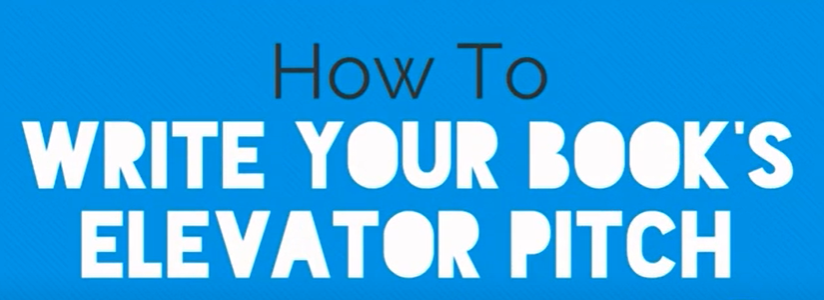
How to Write a Book Pitch That Sells
March 12, 2025
How to Find Literary Agents in 2025
March 24, 2025Every writer dreams of crafting the perfect book pitch, but many struggle to find the right words. Whether you’re diving into fiction or non-fiction, understanding how to present your industry ready idea is crucial. A strong pitch grabs the attention of agents, editors, and marketers while also appealing to booksellers and potential readers. In the world of publishing, learning how to write a book pitch can make or break a project. It’s not just about the story itself; it’s about making it stand out in a competitive literary space.
From my experience, the key is clarity. Keep your pitch precise yet engaging avoid making it boring by packing it with unnecessary details. It should feel natural, not forced, and speak directly to those who matter publicists, reviewers, and even cover designers who help shape the book’s journey. The best pitches tap into the subconscious desires of readers, making them eager to dive into the pages.
Many new writers feel afraid of pitching, fearing rejection, but confidence and a well-thought-out approach are essential. The way we talk about a book influences how it’s perceived, so the pitch should feel effortless yet compelling. Understanding how pitches are used in the commercial world ensures your story gets the recognition it deserves. Keep refining your pitch, and soon, you’ll see how important it is to your book’s success.
How to Create an Ideal Pitch
Writing a strong pitch is an essential skill that every author must master to capture the attention of agents, readers, and the book industry. A well crafted blurb or book description serves multiple purposes, from querying to self-publishing, and even for promotional efforts on Amazon and other retailers. The key lies in creating a compelling yet concise manuscript summary that highlights the story, hooks the audience, and sets the stakes. A great pitch follows a three-paragraph structure, much like a song the first paragraph introduces the plot, the second builds the stakes, and the final one delivers a mic drop moment.
Whether you’re crafting a query letter, entering pitch contests, or refining your back-cover copy, focusing on a catchy, emotionally engaging narrative is crucial. In today’s digital era, where book deals often start with a well-worded product page, your storytelling ability must shine in just a few sentences. Honing this skill can make the difference between a well-received submission and one that gets overlooked. From social media contests to elevator pitches, learning to craft an unavoidable and promotional pitch ensures your writing stands out in an increasingly competitive space.
1. Start with a Hook
The first sentence of your pitch should be irresistible. Think of it like the tagline of a movie—short, intriguing, and packed with emotion or conflict. Ask yourself: What makes my book unique? How can I summarize it in a single, gripping line?
Example: “A young scientist must choose between saving the world or protecting the alien she secretly loves in this heart-pounding sci-fi thriller.”
2. Summarize the Story in a Few Sentences
Once you’ve hooked your audience, provide a brief overview of your book. This should include:
- The main character(s)
- Their goal or challenge
- The stakes (What happens if they fail?)
Keep it concise and engaging—around 2–3 sentences. Avoid giving away too many details, but make sure the essence of the story is clear.
Example: “When 16-year-old hacker Emily accidentally exposes a government conspiracy, she becomes their number one target. Forced to go on the run, she must decide whether to risk everything to reveal the truth—or disappear forever.”
3. Highlight the Genre and Audience
Who is your book for? Make sure to clarify its genre and target audience in your pitch. If it’s a young adult fantasy, a thriller for adults, or a self-help book for entrepreneurs, mention that early on.
Example: “This fast-paced mystery is perfect for fans of Agatha Christie and Knives Out.”
4. Showcase Your Credentials (Optional)
If you have relevant experience—such as past publications, a strong social media following, or expertise in the subject matter—mention it briefly.
Example: “As a journalist with 10 years of experience covering cybersecurity, I bring authenticity to this high-stakes techno-thriller.”
5. End with a Strong Closing Line
Your final sentence should reinforce why your book matters and why it stands out. You can compare it to popular books, emphasize its unique angle, or hint at its emotional impact.
Example: “With the heart of The Hunger Games and the mind-bending twists of Inception, this novel delivers an unforgettable journey through time and morality.”
Final Tips for a Winning Pitch
- Keep it under 150 words—shorter is better.
- Use clear, engaging language—avoid complicated sentences.
- Practice saying it out loud—it should sound natural and compelling.
- Tailor it for different audiences—agents, publishers, and readers may need different versions.
A great book pitch creates curiosity and leaves them wanting more—so make every word count!



